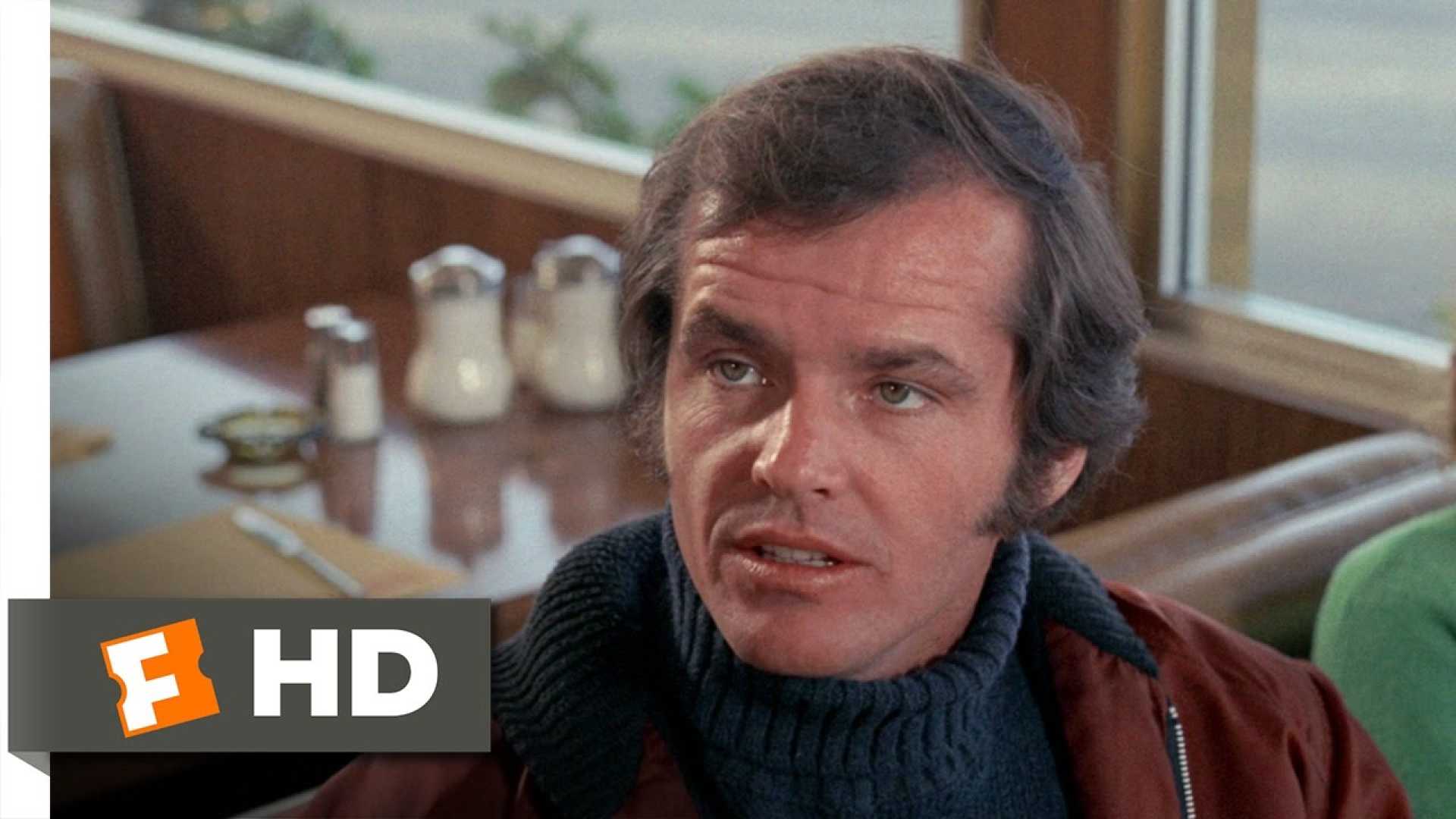Entertainment
Nicholson’s Iconic Role in ‘Five Easy Pieces’ Remembered

LOS ANGELES, CA — Jack Nicholson is regarded as one of the most celebrated actors in cinema history, thanks to an impressive career filled with numerous accolades. He is one of only three male actors to win three Academy Awards and remains the only actor nominated in every decade from the ’60s through the 2000s.
One of his nominations came from 1970’s ‘Five Easy Pieces,’ where Nicholson portrays Bobby Dupea, an oil field worker concealing his affluent upbringing. The film explores Bobby’s struggle with his identity as he navigates a life he never intended to lead. It reflects his inner conflict and the tension between his past and present.
Directed by Bob Rafelson, the film captures Bobby’s disillusionment and lost ambition. Once aspiring to be a classical pianist, Bobby’s presumed riches lead to a stark contrast with the ordinary life he now leads. Rafelson’s minimalist direction and Nicholson’s performance present a raw exploration of Bobby’s turmoil.
The road movie trope typically suggests paths of discovery, yet Bobby’s journey returns him to questions about his identity. Rafelson adopts an observer’s role, showcasing Bobby’s interactions, especially his emotional detachment from his girlfriend, Rayette Dipesto, played by Karen Black in an Oscar-nominated performance.
Bobby’s reluctance to embrace emotional connections is apparent in how he treats Rayette, fueling tension in their relationship. Estranged from his sick father, Bobby is reluctantly urged by his sister to reconcile, forcing him to confront the remnants of his past and the man he once was.
Throughout the film, moments of genuine connection are juxtaposed with Bobby’s growing restlessness. His interactions, especially with his brother Carl, reveal a pattern of frustration and resentment. As he grapples with his privileged history while simultaneously feeling out of place in both his family and his current life, Bobby’s identity crisis unfolds.
Though Nicholson is widely recognized for roles in other famous films, ‘Five Easy Pieces’ is pivotal in showing the complexities of his characters. Nicholson’s portrayal of Bobby is marked by physicality and subtlety—his body language and eye movements convey a man wrestling with internal conflicts.
One of the film’s most memorable scenes occurs in a diner, where Bobby’s frustration erupts into a famous exchange with a waitress. His emotional ascent culminates in a cascade of anger and sarcasm, reflecting deeper issues with authority and societal expectations.
The portrayal of Bobby Dupea resonated deeply and laid the foundation for Nicholson’s future roles as troubled antiheroes. ‘Five Easy Pieces’ remains an essential film in Nicholson’s career, illustrating the pain and complexity he would continue to explore in his performances.
For those interested, ‘Five Easy Pieces’ is available for rent or purchase on various video-on-demand platforms.












